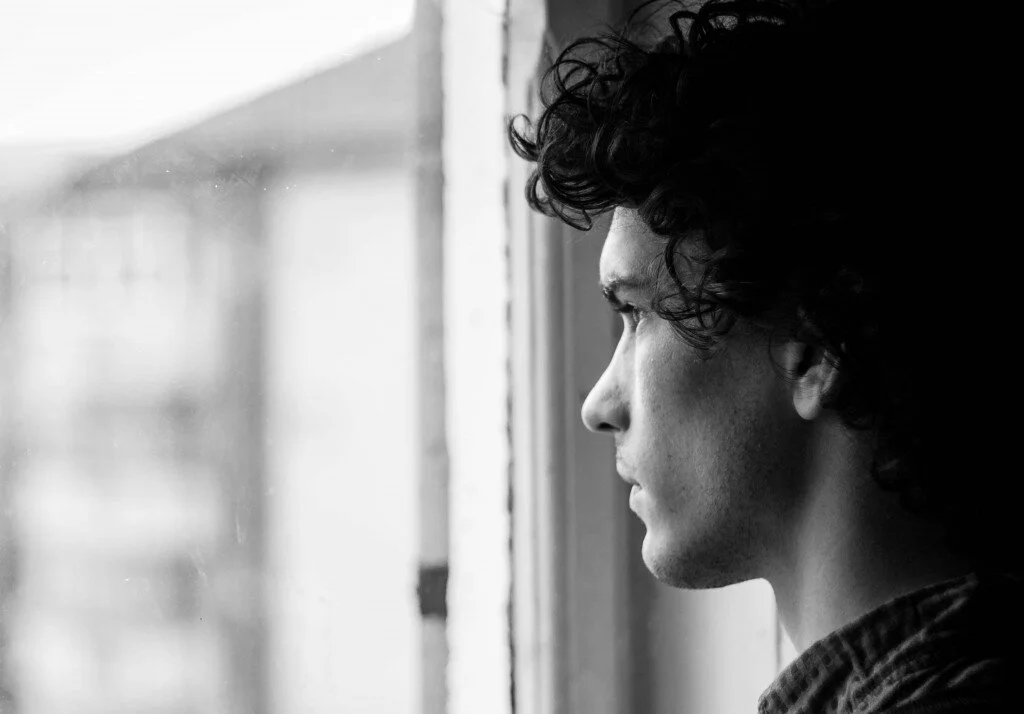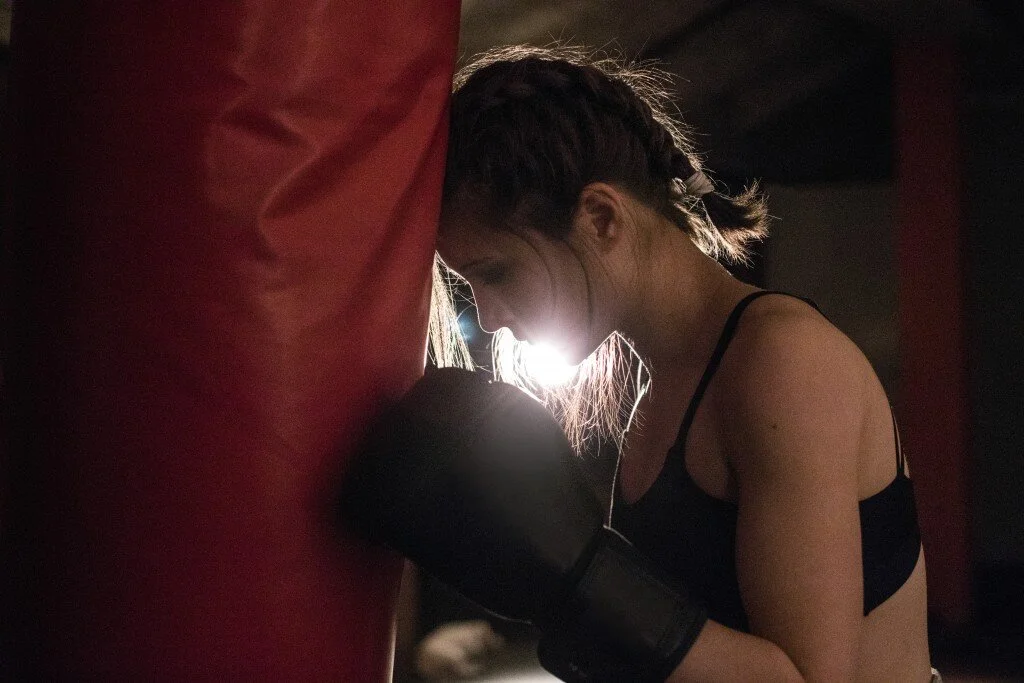Being forced to retire from competing in a sport that you love is objectively heartbreaking. You’re allowed (even encouraged) to let yourself feel every negative emotion that comes with grieving the loss of a really important aspect of your life and identity. What remains important throughout this process though, is that you treat yourself with kindness and patience. You owe it to yourself to alter any internal-dialogues which threaten to convince you that these circumstances are more disastrous than you are strong.
As we begin to analyze our internal dialogues, we should be wary of unhelpful thought patterns that have manifested themselves so deeply that they impact our entire perception of the world, our experiences, and ourselves. These thoughts are not reality-based and overtime they are reinforced, resulting in biases, irrational thoughts, and groundless beliefs.
Read More







